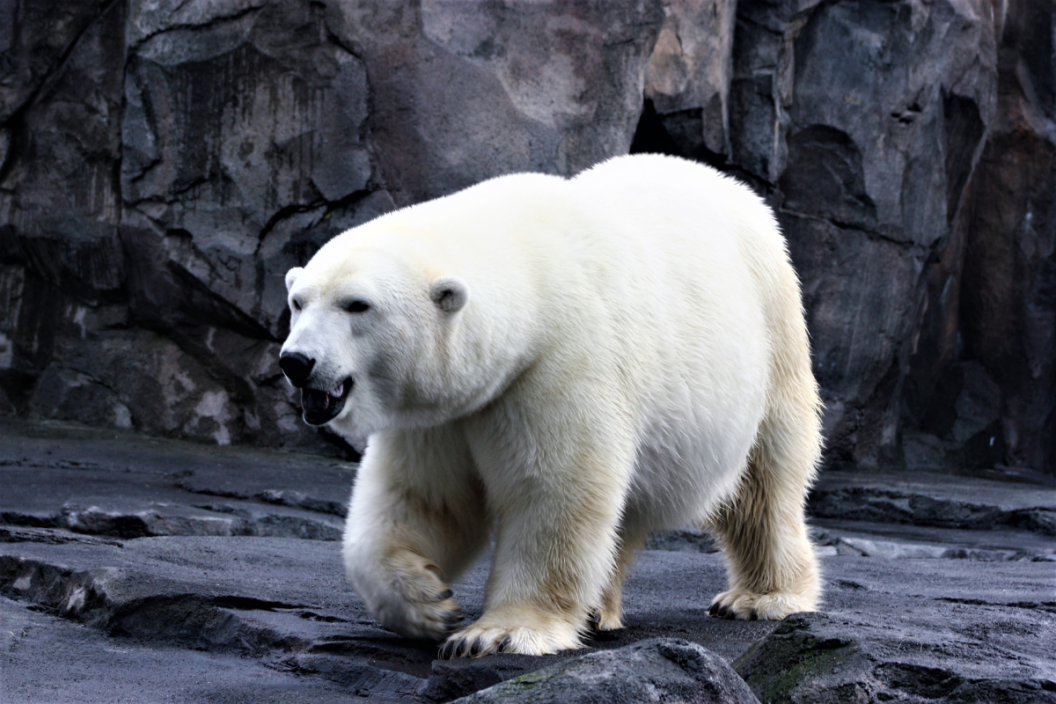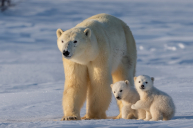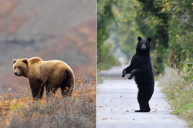Polar bears are known for being fierce predators. Residents of Alaska and Canada avoid crossing paths with them at all costs. Many remote towns set up polar bear patrols to deter the large animals. The patrols keep the animals away by using snowmobiles or four-wheelers, revving vehicle engines, shooting spotlights, or using beanbags to haze them. In some Canadian towns, polar bears that couldn't be scared away were flown out onto sea ice. For 30 years, people and polar bears managed to peacefully coexist—until a mother and her 1-year-old son were attacked and killed in Wales, Alaska. The small, remote location did not have bear patrols any longer.
No one is quite sure why the polar bear attacked. Still, the tragic situation renewed the conversation about how important patrol programs are in keeping the balance between people and polar bears. Patrols do not guarantee that a mauling won't happen, but they go a long way to reduce the probability.
Susan Nedza, chief administrator for the Bering Strait School District, told the AP News, "There's absolutely discussion now in Wales, saying, 'Hey, maybe things have changed to the point that we need this, and how do we do that?'"
A big part of the conversation is climate change. With temperatures rising, the amount of Arctic ice available to the polar bears is dwindling, forcing them inland. The more bears are forced to stay on land, the more they will interact with people. So people living in these areas are taking proactive approaches to deal with the bear population.
A northern Canadian town, Arviat, uses bear patrols to reduce the number of bears killed by residents who are defending their lives or property. As a result, the town went from eight bears killed per year before the program began in 2010 to just one per year after that.
Churchill, a Hudson Bay town, has a bear alert program that has been effective for decades. For example, on Halloween, wildlife agents and police come out in force on the ground and in the air to keep trick-or-treaters safe. If they come across a bear that can't be deterred, it gets placed in an air-conditioned holding area until it can be relocated onto the ice.
The community where the recent attack occurred has very few polar bear sightings. Wales has 150 residents, mostly Inupiat, and it's primarily accessible by planes and boats. The World Wildlife Fund helped the town begin polar bear patrols in 2014. But after the COVID-19 pandemic, the death of their leader, and the lack of polar bear sightings, the program lapsed. U.S. Fish and Wildlife Service, the Alaska Department of Fish and Game, and the Alaska Nannut Co-Management Council are investigating the mauling. The agencies said in a joint statement their goal is "to learn from this tragedy and determine what future measure we and our communities can take to prevent future fatal human-bear encounters."




